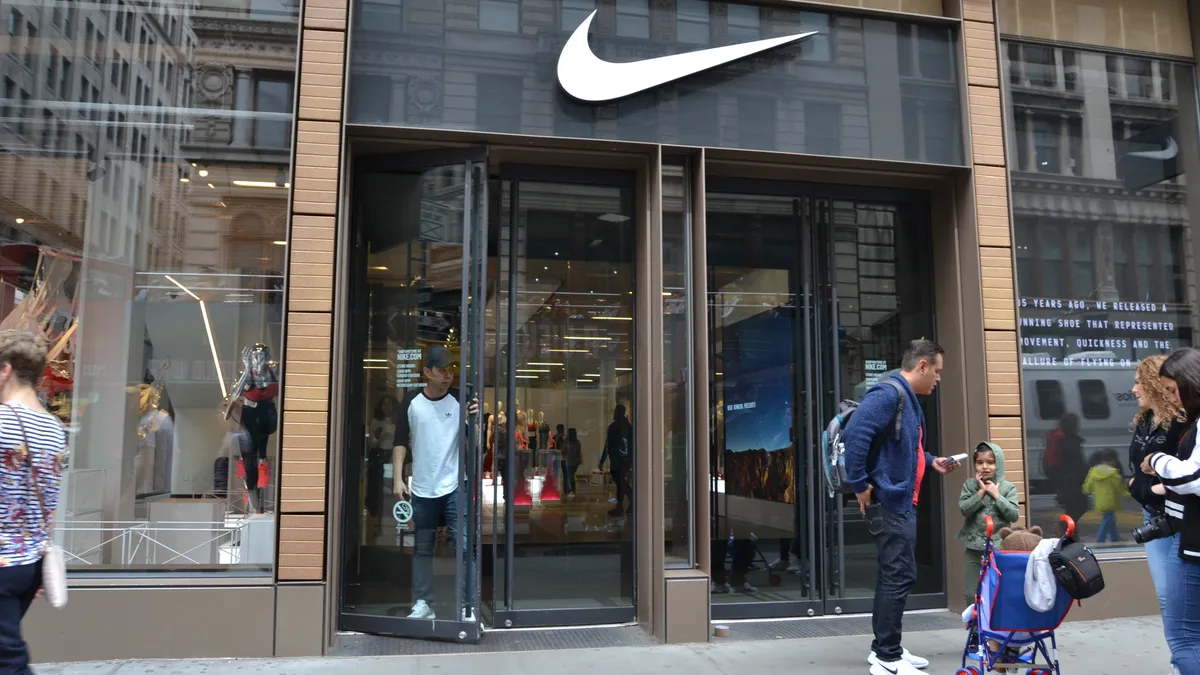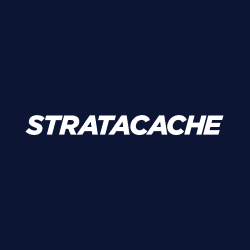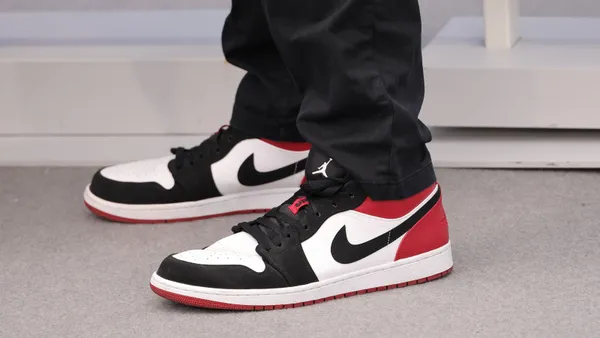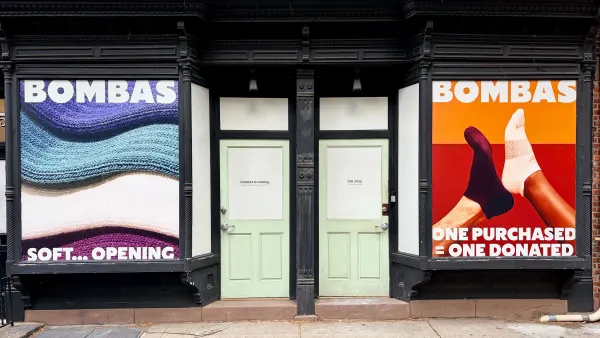UPDATE: May 11, 2022: Nike moved to add claims of counterfeiting and false advertising to its lawsuit against shoe marketplace StockX that originally centered on non-fungible tokens.
In court papers, Nike said it obtained four pairs of counterfeit shoes through StockX’s platform that came with a “100% Authentic” guarantee from the marketplace. Nike also said that StockX has changed its marketing and representation around its NFT offering since it filed the lawsuit earlier this year.
In an emailed statement, StockX said, "Nike’s latest filing is not only baseless but also is curious given that their own brand protection team has communicated confidence in our authentication program, and that hundreds of Nike employees — including current senior executives — use StockX to buy and sell products." The company also said that Nike's challenge has no merit.
In a March filing, StockX said that its Vault NFTs are “absolutely not” virtual products or digital sneakers, but rather claim “tickets” to physical goods, which the company says is lawful and does not violate Nike’s trademarks.
Dive Brief:
- Nike has filed a lawsuit in federal court against digital resale marketplace StockX over use of Nike's trademarks in non-fungible tokens.
- In its complaint, Nike alleged that StockX is "'minting' NFTs that prominently use Nike's trademarks, marketing those NFTs using Nike's goodwill, and selling those NFTs at heavily inflated prices to unsuspecting consumers," without authorization from the shoe brand giant.
- Nike requested that the court block StockX from making any more NFTs that use its brand and destroy the ones already created, along with monetary damages. A StockX spokesperson said by email that the company doesn't comment on legal matters.
Dive Insight:
NFTs are relatively speculative and yet already they constitute a new legal frontier and potential mine field for brands trying to protect their marks.
Nike has already made splashy headlines with the December announcement of its acquisition of Rtfkt, a digital art studio specializing in NFTs, blockchain authentication, gaming engines and augmented reality.
Such moves by brands may be as much about defensive positioning of their trademarks in an evolving digital world as much as an offensive move in a new market. It's difficult for any major brand or retailer at this stage to build a business with NFTs given their newness.
The technology broadly creates unique digital products and images using blockchain. Brands are watching as some expect NFTs will be elemental in Web3 gaming and the metaverse, a theorized digital reality still in early stages of development.
Nike makes for a useful case in both the promise and perils that brands see in NFTs and the metaverse. While the company has dipped its toes into NFTs, it also recognizes how contested the space could be.
In its complaint against StockX, Nike said of NFTs that "this new frontier has swiftly become a virtual playground for infringers to usurp the goodwill of some of the most famous trademarks in the world and use those trademarks without authorization to market their virtual products and generate ill-gotten profits."
Nike alleges StockX did essentially that with Nike-branded "Vault NFTs." The company put it this way: "Recognizing firsthand the immense value of Nike's brands, StockX has chosen to compete in the NFT market not by taking the time to develop its own intellectual property rights, but rather by blatantly freeriding, almost exclusively, on the back of Nike's famous trademarks and associated goodwill."
To be clear, NFT shoes are not actual shoes. They are a purely digital commodity, as with any NFT. They represent intellectual property perhaps in its purest, most abstract form. Setting aside the question of whether anyone aside from speculators and early adopters will be willing to pay for NFTs, other brands could join Nike in aggressively protecting their IP assets as a hedge if nothing else.
Abstract as it all is, there is actual money changing hands already. Nike cited an average price of $809 for one line of Nike-branded NFTs on StockX's platform, and the highest trade at $3,500.
Editor's note: This story was updated to include comment from StockX on Nike's counterfeit and false advertising allegations.















